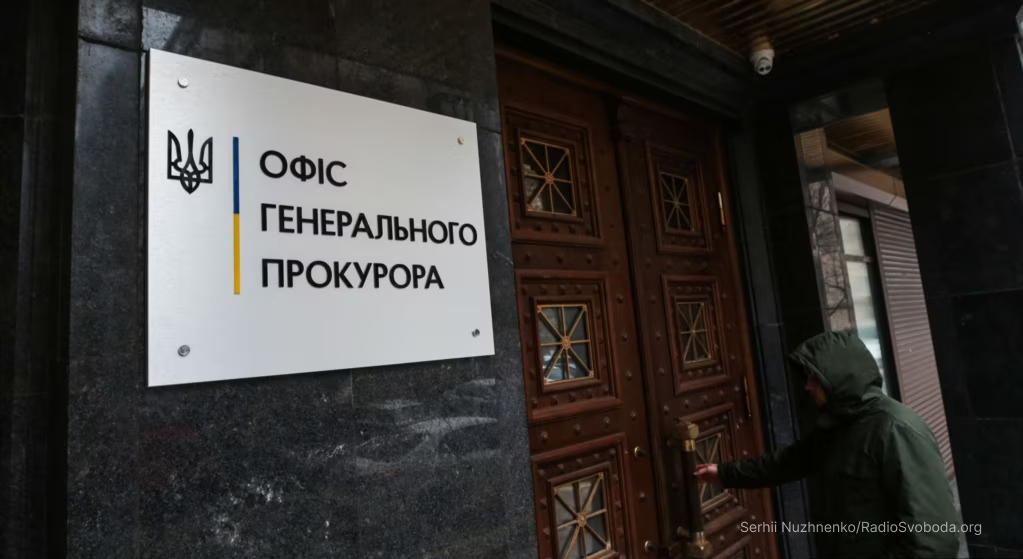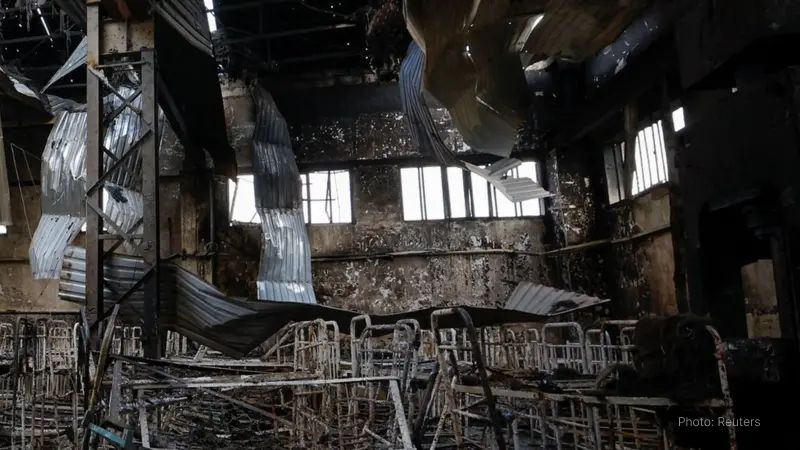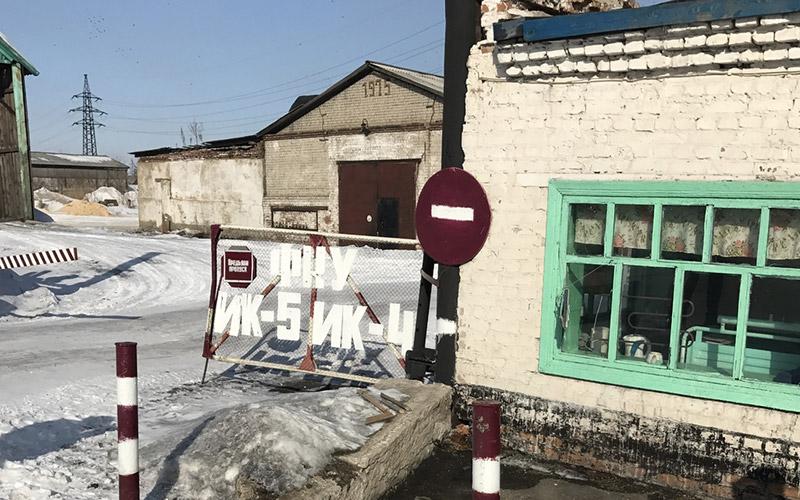
Rubtsovsk Penal Colony No. 5
Altai Krai, Rubtsovsk
Russia
Penal colony
Active
Overview
Penal Colony No. 5 in Rubtsovsk, Altai Krai, is a prison in a remote and climatically harsh region of Russia. Ukrainian prisoners of war, including defenders of Mariupol, have been held there following their capture. Testimonies from released POWs and families indicate that the colony is characterised by extreme isolation, cold, hunger, and systemic abuse. Due to the region’s isolation and prison restrictions, access to further information remains extremely limited.
Torture & Abuse
POWs of Altai prisons and their relatives report beatings and torture as routine, with physical violence used to intimidate. A common form of psychological abuse involves staging fake prisoner exchanges. POWs are blindfolded, transported, and told they are about to be exchanged, only to be mocked and beaten upon arrival.
Food & Sanitation
Prisoners are subjected to systemic hunger. Meals, when provided, were described as “salted water” in 200-gram portions. Testimonies mention mould-infested cells, overcrowding (up to 10 men per cell), and chronic exposure to cold. The prison regime imposed forced labour despite starvation and freezing conditions.
Psychological Pressure
The remote location of the prison and the lack of external contact created conditions of total informational isolation. Fake exchanges were staged to abuse prisoners mentally.
Penal Colony No. 5 in Rubtsovsk, Altai Krai, is a prison in a remote and climatically harsh region of Russia. Ukrainian prisoners of war, including defenders of Mariupol, have been held there following their capture. Testimonies from released POWs and families indicate that the colony is characterised by extreme isolation, cold, hunger, and systemic abuse. Due to the region’s isolation and prison restrictions, access to further information remains extremely limited.
POWs of Altai prisons and their relatives report beatings and torture as routine, with physical violence used to intimidate. A common form of psychological abuse involves staging fake prisoner exchanges. POWs are blindfolded, transported, and told they are about to be exchanged, only to be mocked and beaten upon arrival.
Prisoners are subjected to systemic hunger. Meals, when provided, were described as “salted water” in 200-gram portions. Testimonies mention mould-infested cells, overcrowding (up to 10 men per cell), and chronic exposure to cold. The prison regime imposed forced labour despite starvation and freezing conditions.
The remote location of the prison and the lack of external contact created conditions of total informational isolation. Fake exchanges were staged to abuse prisoners mentally.
News
see more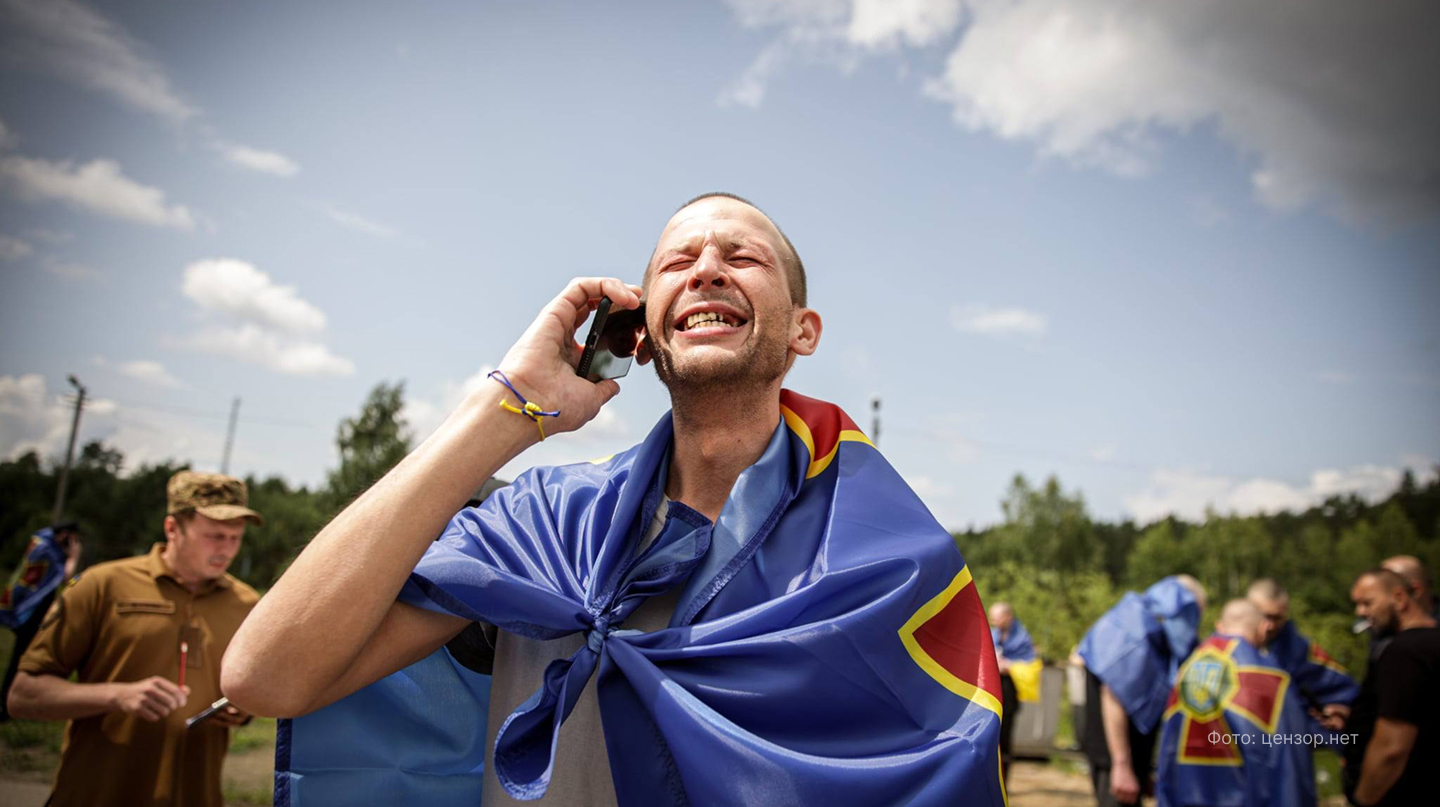
“The captives were forced to walk with their heads down”: how the rehabilitation of released Ukrainian soldiers takes place
Ukrainian servicemen released from Russian captivity often arrive at the National Guard’s medical centre in extremely poor condition, both physically and psychologically.
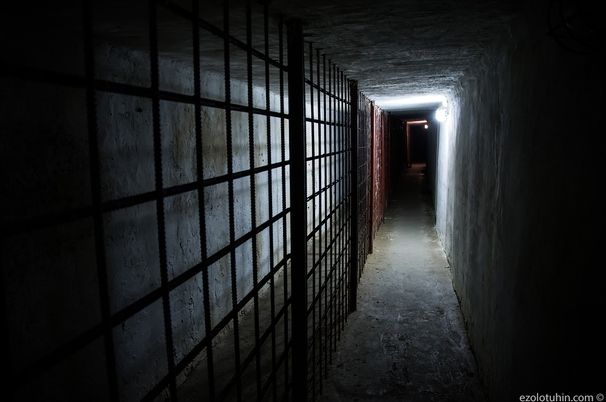
Russia has established a network of torture chambers for Ukrainian prisoners of war.
At least five secret prisons in Russia are holding Ukrainian POWs.

SBU presses charges against russian judges for the unlawful sentencing of Azov Brigade POWs
The Security Service of Ukraine (SBU) has charged in absentia two judges of Russia’s Southern District Military Court, Konstantin Prostov and Sergey Obraztsov, with war crimes against Ukrainian prisoners of war.
questions & answers
You can make a difference
Have a question, a message, or something important to share?
Whether it’s information, a concern, or a word of support, we want to hear from you.
Every voice matters.

